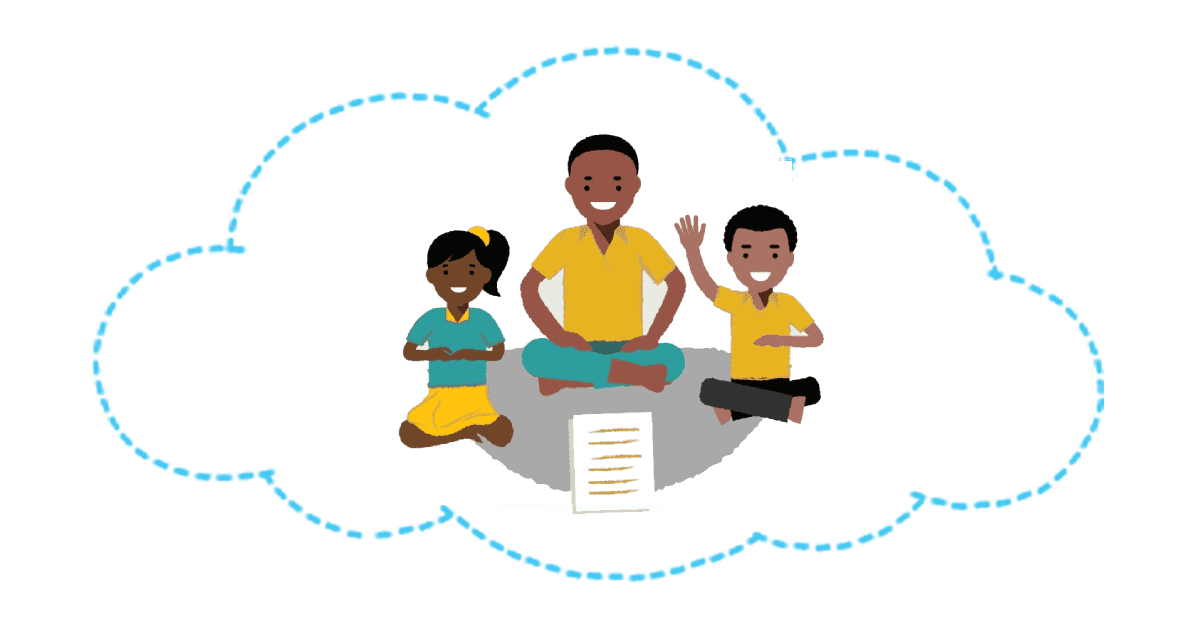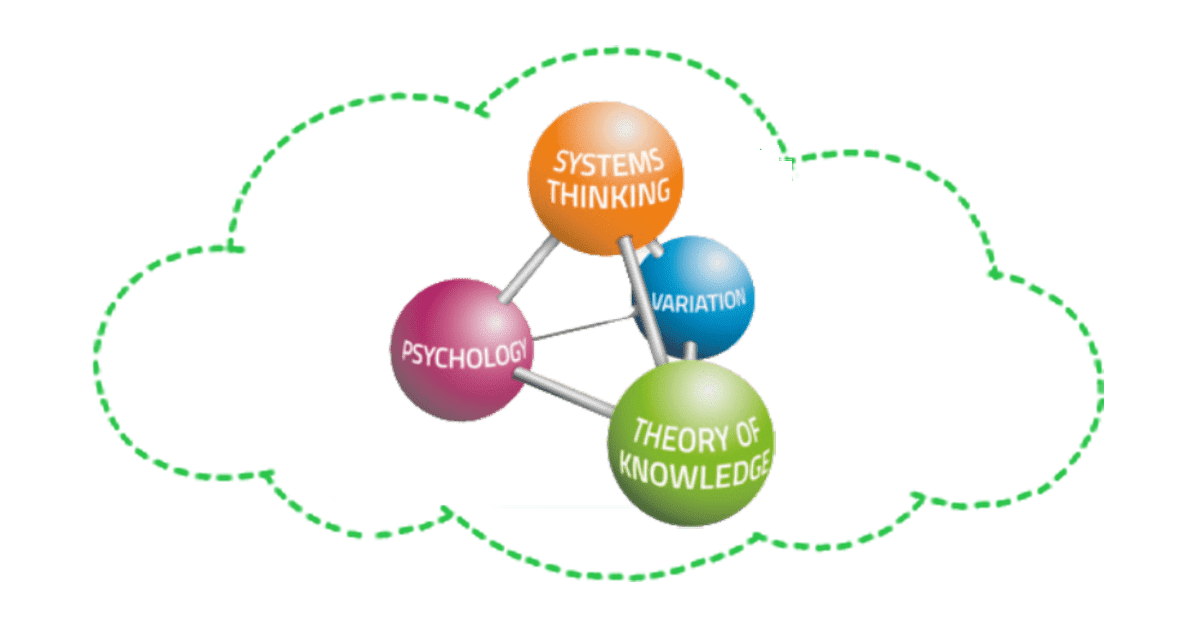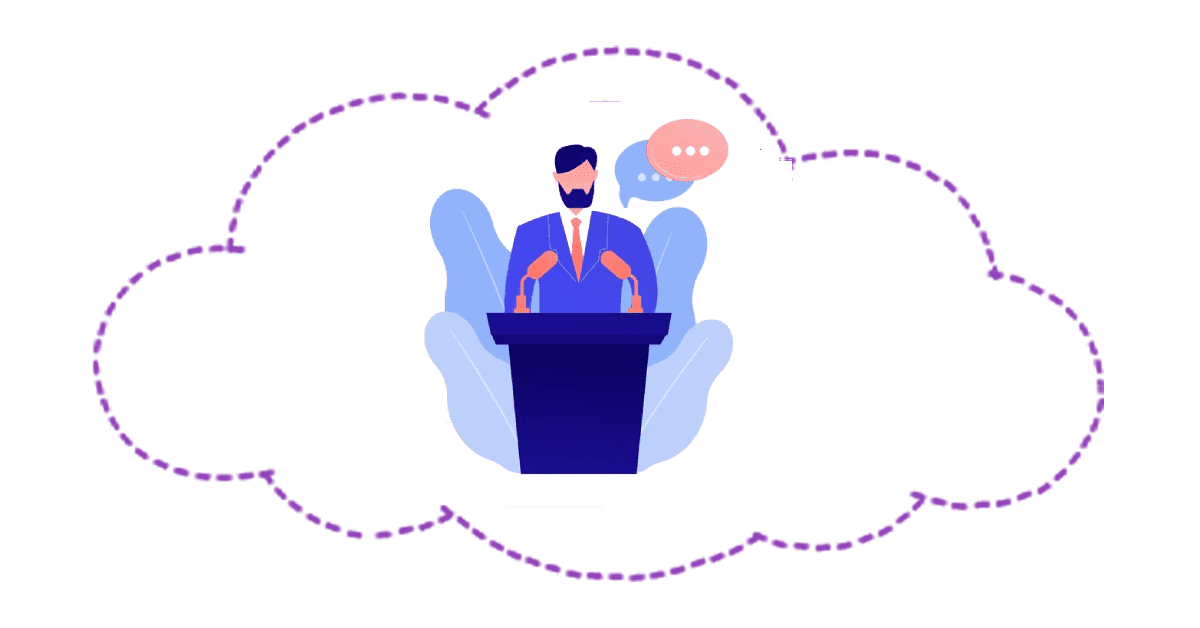There are separate standardized assessment tools administered for infants, school-aged children, adolescents and adults. Assessments primarily examine the form, content, understanding and use of language, as well as articulation, and phonology. Oral motor and swallowing assessments often require specialized training. These include the use of bedside examination tools and endoscopic/modified barium radiology procedures. Individuals may… Continue reading Methods of assessment
Category: Read More
Professional roles
Speech-language pathologists serve individuals, families, groups, and the general public through a broad range of professional activities. They: Identify, define, and diagnose disorders of human communication and swallowing and assist in localization and diagnosis of diseases and conditions. Provide direct services using a variety of service delivery models to treat and/or address communication, swallowing, or… Continue reading Professional roles
Scope of practice
The practice of speech-language pathology involves: Providing prevention, screening, consultation, assessment and diagnosis, treatment, intervention, management, counseling, and follow-up services for disorders of: Establishing augmentative and alternative communication (AAC) techniques and strategies including developing, selecting, and prescribing of such systems and devices (e.g., speech generating devices.) speech (i.e., phonation, articulation, fluency, resonance, and voice including… Continue reading Scope of practice
A Day in a Speech Pathologist’s Life
On a typical day a speech pathologist will: use written and oral tests, as well as special instruments, to diagnose the nature and extent of impairment and to record and analyze speech, language, and swallowing irregularities; develop an individualized plan of care tailored to each patient’s needs; select augmentative or alternative communication methods, including automated… Continue reading A Day in a Speech Pathologist’s Life
Nature of the Work
Speech-language pathologists, sometimes called speech therapists, assess, diagnose, treat, and help to prevent disorders related to speech, language, cognitive-communication, voice, swallowing, and fluency. Speech-language pathologists work with people who cannot produce speech sounds or cannot produce them clearly; those with speech rhythm and fluency problems, such as stuttering; people with voice disorders, such as inappropriate… Continue reading Nature of the Work
What is Speech pathology?
What is Speech and language pathology Speech-language pathology is the study of disorders that affect a person’s speech, language, cognition, voice, swallowing (dysphagia) and the rehabilitative or corrective treatment of physical and/or cognitive disorders communication and/or swallowing. Speech-language pathologists (SLPs) or Speech and Language Therapists (SLTs) address people’s speech production, vocal production, swallowing difficulties and… Continue reading What is Speech pathology?






